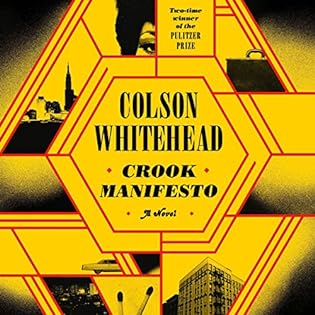 Crook Manifesto by Colson Whitehead
Crook Manifesto by Colson Whitehead Narrator: Dion Graham
Series: Ray Carney #2
Published by Random House Audio on July 18, 2023
Genres: Historical Fiction
Length: 10 hours 47 minutes
Format: Audio, Audiobook
Source: Library
Buy on Amazon, Buy on Bookshop
This post contains affiliate links you can use to purchase the book. If you buy the book using that link, I will receive a small commission from the sale.
Goodreads
Two-time Pulitzer Prize winning Colson Whitehead continues his Harlem saga in a powerful and hugely-entertaining novel that summons 1970s New York in all its seedy glory.
It's 1971. Trash piles up on the streets, crime is at an all-time high, the city is careening towards bankruptcy, and a shooting war has broken out between the NYPD and the Black Liberation Army. Amidst this collective nervous breakdown furniture store owner and ex-fence Ray Carney tries to keep his head down and his business thriving. His days moving stolen goods around the city are over. It's strictly the straight-and-narrow for him—until he needs Jackson 5 tickets for his daughter May and he decides to hit up his old police contact Munson, fixer extraordinaire. But Munson has his own favors to ask of Carney and staying out of the game gets a lot more complicated—and deadly.
1973. The counter-culture has created a new generation, the old ways are being overthrown, but there is one constant, Pepper, Carney's endearingly violent partner in crime. It's getting harder to put together a reliable crew for hijackings, heists, and assorted felonies, so Pepper takes on a side gig doing security on a Blaxploitation shoot in Harlem. He finds himself in a freaky world of Hollywood stars, up-and-coming comedians, and celebrity drug dealers, in addition to the usual cast of hustlers, mobsters, and hit men. These adversaries underestimate the seasoned crook—to their regret.
1976. Harlem is burning, block by block, while the whole county is gearing up for Bicentennial celebrations. Carney is trying to come up with a July 4th ad he can live with. (Two Hundred Years of Getting Away with It!), while his wife Elizabeth is campaigning for her childhood friend, the former assistant D.A. and rising politician Alexander Oakes. When a fire severely injures one of Carney's tenants, he enlists Pepper to look into who may be behind it. Our crooked duo have to battle their way through a crumbling metropolis run by the shady, the violent, and the utterly corrupted.
CROOK MANIFESTO is a darkly funny tale of a city under siege, but also a sneakily searching portrait of the meaning of family. Colson Whitehead's kaleidoscopic portrait of Harlem is sure to stand as one of the all-time great evocations of a place and a time.
I really enjoyed this second book in the Ray Carney series. It is decidedly NOT The Underground Railroad or The Nickel Boys, but I think that’s the point. It feels like Colson Whitehead wanted to write something fun and interesting but not as heavy. This is not to say there are not heavy moments—crime, crooked cops, murder, arson. There is a thread of dark humor underneath all the violence, and as a reader, it was easy for me to see how much Whitehead enjoyed bringing this world of 1970s Harlem to life. I actually think this book was a bit better than the first in the series, Harlem Shuffle. It’s the second in a planned trilogy, but it’s not really necessary to read Harlem Shuffle to enjoy this book. However, as the second of three, it does feel like it ends with unfinished business. My favorite character was probably Pepper. Whitehead seems to enjoy Pepper enough to let him run away with the book.
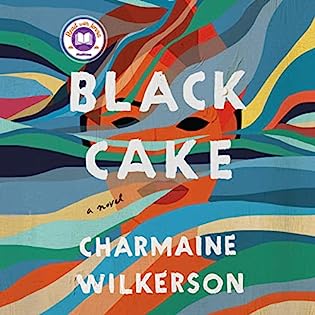 Black Cake by
Black Cake by 
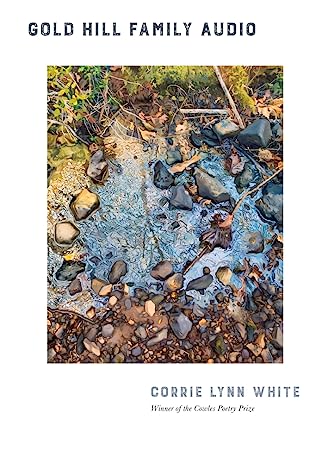 Gold Hill Family Audio (Cowles Poetry Prize Winner) by
Gold Hill Family Audio (Cowles Poetry Prize Winner) by 
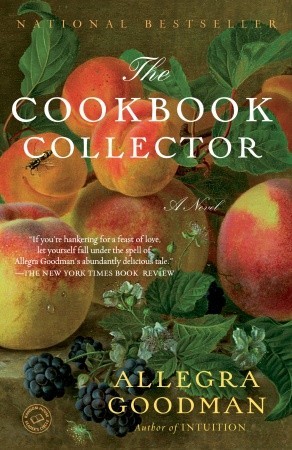 The Cookbook Collector by
The Cookbook Collector by 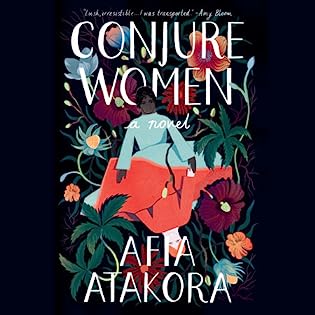 Conjure Women by
Conjure Women by 
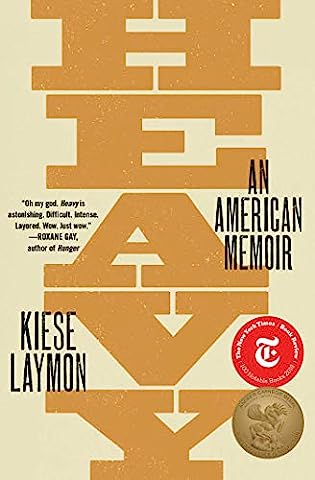 Heavy by
Heavy by  Beautiful Country: A Memoir by
Beautiful Country: A Memoir by 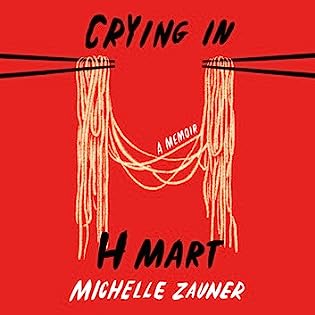 Crying in H Mart by
Crying in H Mart by 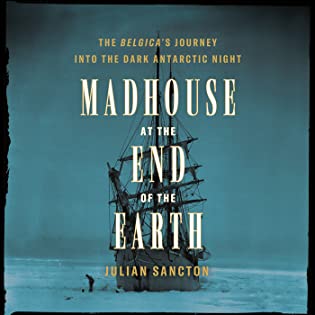 Madhouse at the End of the Earth: The Belgica's Journey into the Dark Antarctic Night by
Madhouse at the End of the Earth: The Belgica's Journey into the Dark Antarctic Night by 
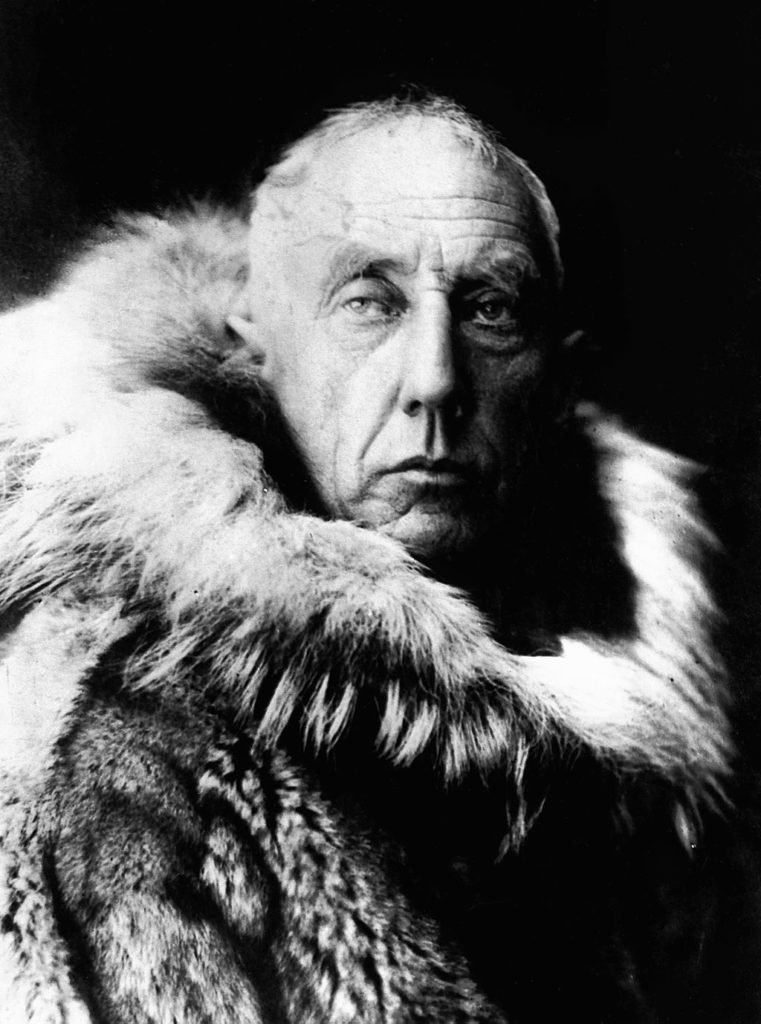
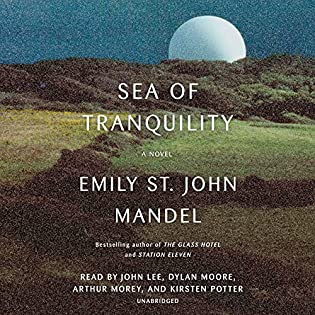 Sea of Tranquility by
Sea of Tranquility by  Keep Moving: Notes on Loss, Creativity, and Change by
Keep Moving: Notes on Loss, Creativity, and Change by 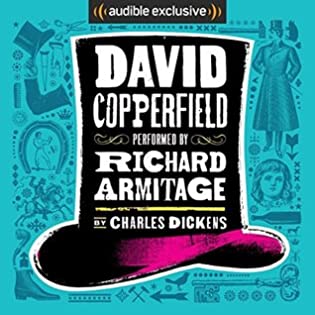 David Copperfield by
David Copperfield by 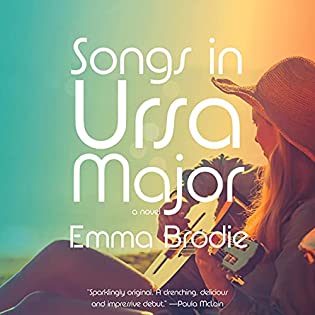 Songs in Ursa Major by
Songs in Ursa Major by 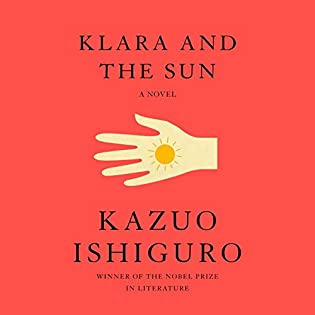 Klara and the Sun by
Klara and the Sun by 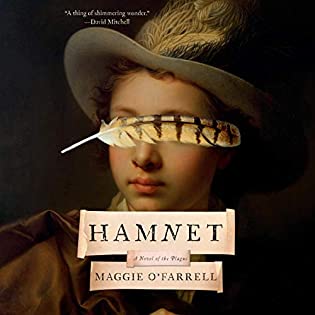 Hamnet by
Hamnet by